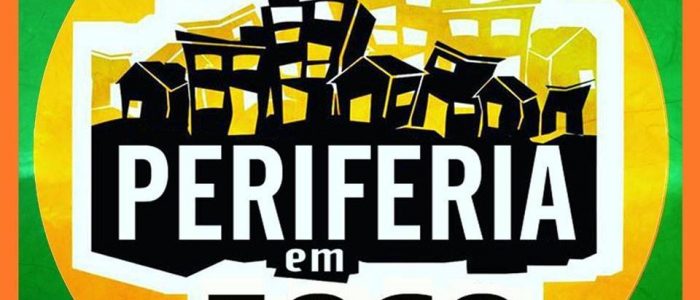No dia 16 de setembro de 2020, a Fiocruz promoveu uma live com o tema “A saúde indígena em tempo de pandemia”. O evento contou com a participação de Rita Bacuri, Carmem Pankararu, João Paulo Tukano, Fabiane Santos. Acesse aqui.
- Grupos mobilizados: Academia, Associações de classe e Sindicatos, Indígenas e Quilombolas
- Tipos de mobilização: Lives sobre Ativismo









